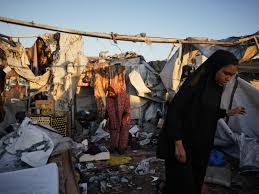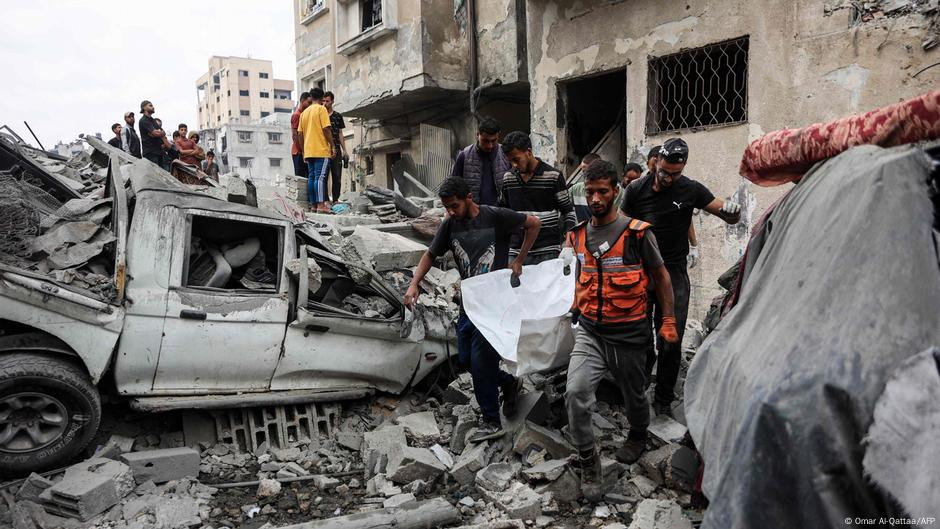ISRAEL HITS GAZA TARGETS HOURS AFTER REASSERTING CEASEFIRE COMMITMENT

Ceasefire rhetoric, kinetic reality
Israel carried out new strikes across Gaza within hours of reiterating its commitment to a ceasefire framework, underscoring the fragility of talks mediated by regional partners. The military said it targeted militant infrastructure after rocket fire and alleged tunnel movements near populated areas. Health officials in Gaza reported casualties and new displacements as neighborhoods already hollowed by prior bombardments faced renewed blasts. Diplomats warned that any miscalculation could collapse indirect talks on prisoner releases and humanitarian access, which hinge on calm days to build trust. Aid groups said fuel and surgical supplies remained critically low, while relief corridors opened only intermittently because of security checks and sporadic shelling.

Regional pressure and the path to de-escalation
Egypt and Qatar pressed both sides to codify verifiable steps: a halt to cross-border launches, GPS-tagged aid convoys, and a phased exchange mechanism monitored by third parties. Israel’s war cabinet, wary of entrenching rival factions, has pushed for tighter controls on dual-use goods and more robust screening at entry points. Militants tout “resistance continuity” to retain leverage, even as civilian suffering grows. The United States urged restraint, framing any re-escalation as a strategic setback that complicates broader regional diplomacy. Analysts say durable calm will require a synchronized package—time-bound pauses, credible verification, and political cover for leaders to sell compromises at home. Without that, today’s mix of ceasefire language and overnight airstrikes risks becoming the conflict’s default setting.












